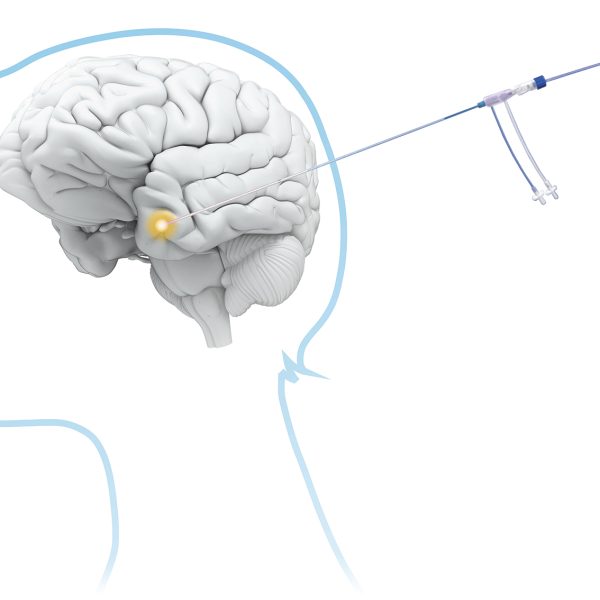
The UK Epilepsy Priority Setting Partnership (PSP) announced in October the top ten priorities for epilepsy research, developed following a nationwide project.
The PSP comprised Epilepsy Research UK, the James Lind Alliance and the National Institute for Health and Care Research (NIHR), who worked on the project over the last 18 months.
They used surveys and workshops to get the input of people with epilepsy, their friends and families and health professionals to identify issues of highest priority. People with epilepsy made up the majority of the survey responders (55%).
The top ten research priorities the team established cover themes including epilepsy-related deaths, the underlying causes of epilepsy, women’s health and epilepsy, and drug-resistant epilepsy.
UK epilepsy PSP leader and consultant neurologist, Dr Rhys Thomas, said: “The top ten research priorities for epilepsy will help shape the research agenda for the next generation.
“We know that PSPs can lead to increased funding, which is so urgently needed for epilepsy, given the shocking inequalities in research funding.”
Tom Shillito, health improvement and research manager at Epilepsy Action, said: “It’s fantastic to see that the voices of the epilepsy community have been front and centre of setting important research priorities in the UK.
“Having their views, along with those of their carers and health professionals, means we’re moving in the right direction towards research that will ultimately be directly beneficial to them.
“The top ten will also lead to different research studies for each priority, which will mean we have an even wider bank of research evidence to build on in the future.”
There is more information on the Epilepsy Research UK website.
The top ten research priorities from the PSP
-
1. Epilepsy-related deaths
What are the causes and contributing factors of epilepsy-related deaths, including sudden unexpected death in epilepsy (SUDEP), and how can these deaths be prevented?
-
2. Epilepsy causes
What underlying mechanisms cause epilepsy in children and in adults?
-
3. Impact on brain health
What impact do epilepsy, seizures and anti-seizure medication (ASMs) have on brain health, including cognition, memory, earning, behaviour and mental health?
-
4. Impact on neurodevelopment
How does epilepsy and epilepsy treatment impact neurodevelopment, and can this be managed or prevented?
-
5. Targeted medicine
How can targeted, personalised medicine, such as gene therapy, be used to treat and/or prevent epilepsy?
-
6. Tools and devices
How can tools, devices and biological markers be used to accurately predict and prevent seizures and the onset of epilepsy?
-
7. Hormonal changes in women
How do hormonal changes in women throughout the lifespan (puberty, pregnancy, menopause) impact epilepsy, and how can this impact be addressed?
-
8. Quality of life
How can quality of life be improved for people with epilepsy, their families and carers, including those bereaved by epilepsy?
-
9. Drug-resistant epilepsy
What causes drug-resistant (refractory) epilepsy, and how can it be best treated?
-
10. AI and machine learning
How can big data analysis, through artificial intelligence (AI) and machine learning, aid the diagnosis and management of epilepsy?




